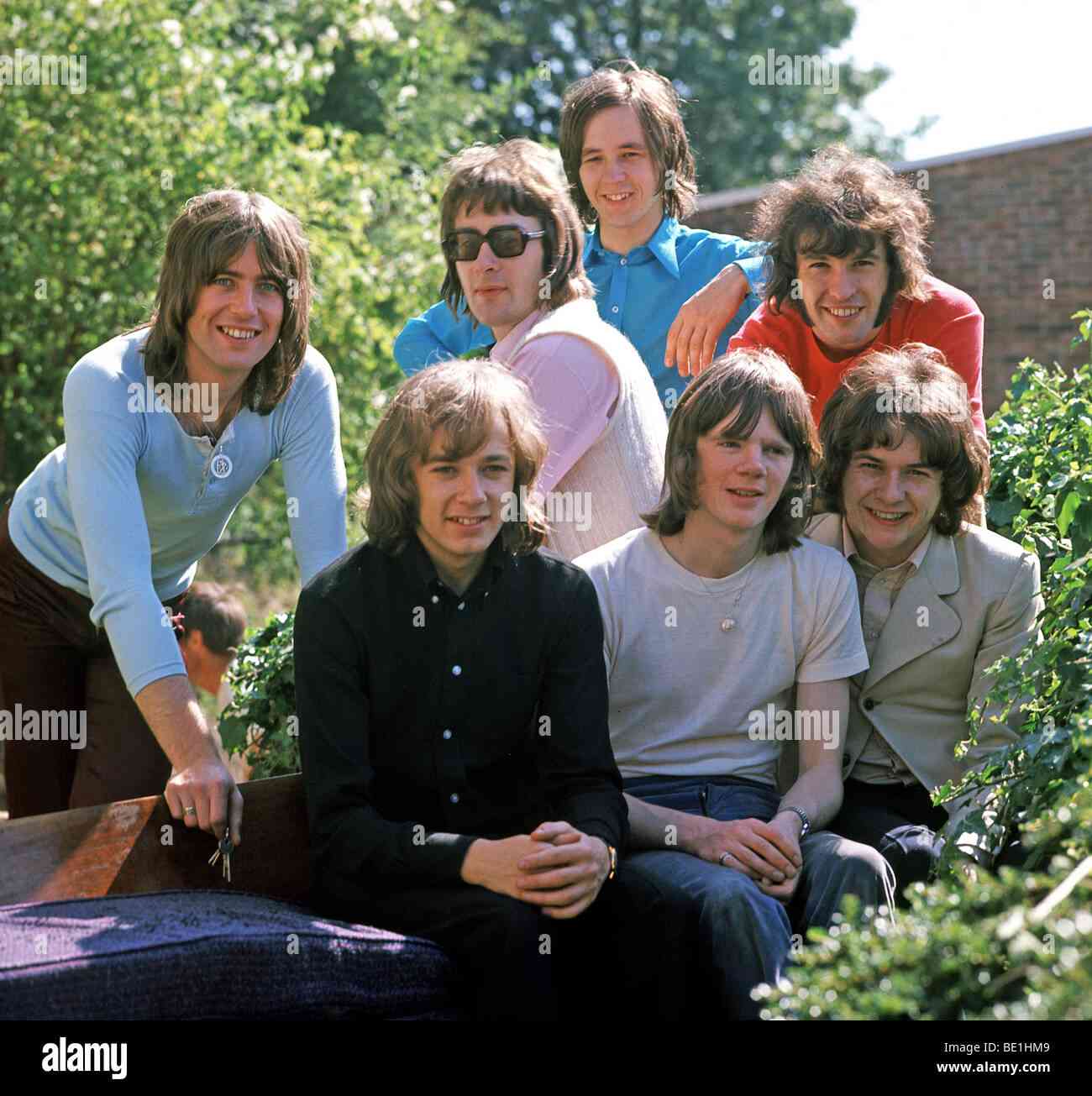
At funerals we tend to remember all the good things in the person and praise him or her highly; in a headmaster’s office it tends to be the bad things that are remembered.
In a previous article, [https://www.thestandard.co.zw/standard-education/article/6645/they-went-to-school-once], we, in effect buried education in the headmaster’s office and did not praise it, as Shakespeare’s character Mark Anthony protested that he was burying his friend (but despotic emperor) Caesar, not praising him.
We considered how our education system would appear to be failing, as all we seem to be producing are clever criminals.
We argued that society at large complains about dreadful drivers, noisy neighbours, belligerent bosses, sloppy service, profiteering prophets, corrupt councillors, bribing businessmen, pilfering politicians, swindling sportsmen, flagrant fly-tippers, all around us, (and much more) yet there is one thing they all have in common.
They all went to school once.
We cannot deny this; these people did all go to school once. What we do try to deny is that they come from our school.
Oh no, our school does not produce such people, we assert strongly. Yet that is not true, as we all know. Every school has produced adults of questionable ethical behaviour.
However, here is another thought: if all these bad people are coming out of our schools, and our system is therefore failing, how come we do get good people coming out of our system as well?
- Mavhunga puts DeMbare into Chibuku quarterfinals
- Bulls to charge into Zimbabwe gold stocks
- Ndiraya concerned as goals dry up
- Letters: How solar power is transforming African farms
Keep Reading
Every school will trot out their star former pupil as evidence of folk who have done well in life and society (meaning probably they have earned lots of money and gained significant positions of power — though maybe not aware of exactly how those were achieved — but maybe also some who have contributed to the welfare of others and who have set high standards of behaviour).
And indeed, there are those in society who do maintain high morals and values at all times (not just in some areas).
Take, for example, a young girl who left school and went to study far away overseas at a young age, who settled in the new country and contributed to the community in standing up for what is right, who worked her way up through different careers, who raised children to respect adults, values and life itself, who would blush at the thought of being mentioned for doing such.
Or consider a young man who left school and studied abroad before returning to Zimbabwe to help make it a better place, even though there were more lucrative, attractive offers overseas.
He upheld family values, supported a bereaved mother and sister, approached work professionally, consistently, humbly; served in different ways in the community without seeking recognition.
So how can schools produce such wonderful leavers and yet some dreadful characters? Is it luck? Is it simply fate?
Does it come down to people’s genes? We might think so if we go by the apocryphal story told of a youngster who asked a great coach how he could be successful to which the coach replied, “Choose your parents wisely.”
However, it goes beyond that. The missing link in all of this is surely the role that parents play, more than their genes.
When parents catalogued the poor behaviour of their child to one particular headmaster, he would wait until they had finished and then quietly ask: “So, who does he take after?”
For centuries, from the Greek philosopher Aristotle to the Jesuit Ignatius Loyola, many have declared that, “Give me a child until he is seven and I will show you the man”.
That is the reality — the first years are crucial for the development of the child.
And who has the children during those first years?
We hear in Shakespeare’s play ‘Hamlet’ that there was “something rotten in the state of Denmark”; is there not something rotten here before our eyes?
Advertisers know well the principle of catching people when they are young. If only we as parents would do the same with regards to our children’s behaviour!
The real education comes before children go to school; by the time they go to school it is almost too late. Rod Stewart once sang that “the first cut is the deepest”; the same principle applies to educating our children.
Sure, every school produces good people and bad people but parents have them first; parents have them in their most formative years.
Let us not think of funerals; much rather, let us think of births and realise the work of real education begins there.
It is not in the Headmaster’s office but in the infant’s home — that is where the future of our country lies.
l Tim Middleton is the executive director of the Association of Trust Schools [ATS]. The views expressed in this article, however, are solely those of the author in his private capacity and do not necessarily represent the views of the ATS.
email: ceo@atschisz.co.zw
website: www.atschisz










